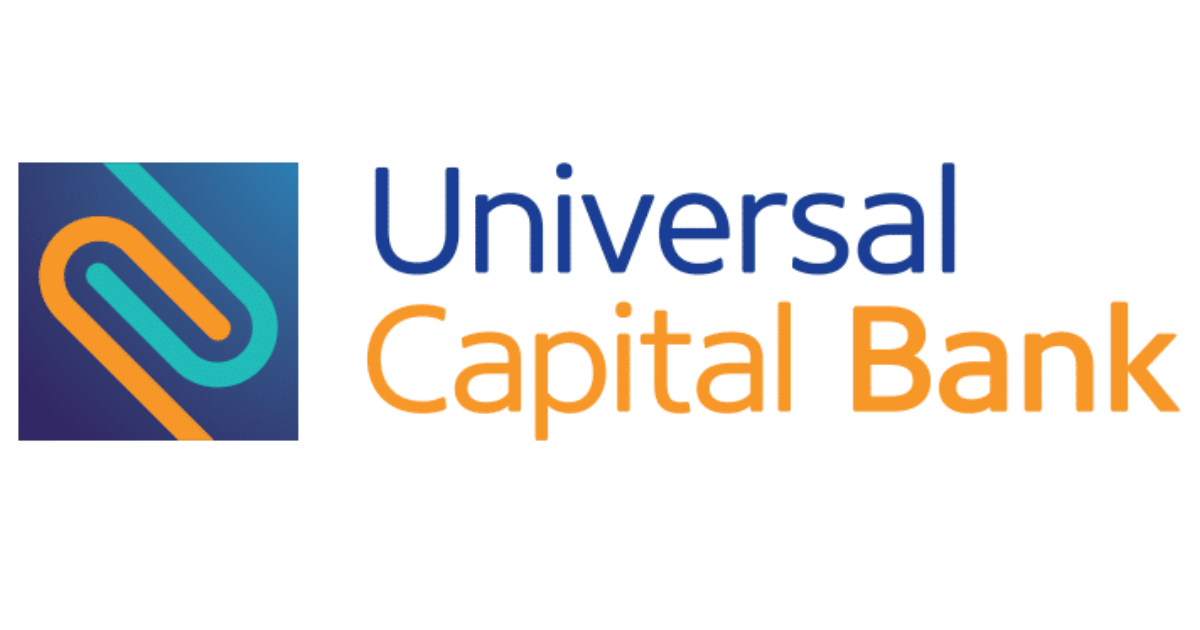
Banks are key players in the game of shaping both local economies and global sustainability efforts. By incorporating sustainability principles into their core strategies for investment and financing they are guiding the market and business to increasingly recognize their responsibility toward environmental, social, and governance (ESG) principles. Universal Capital Bank (UCB), Platinum Partner of ESG Adria Summit 2025, stands out in the Montenegrin market as a financial institution that has aligned its services with global standards in sustainable financing, all in line with addressing the unique needs of the local market.
ESG at the Core of the Bank's Business Strategy
As part of Monterock Investment (MRI) Group, UCB takes a comprehensive approach to sustainability, combining international best practices with a deep understanding of Montenegro’s economic landscape. To put its strategic aspirations into a formal ESG strategy, the bank has partnered with Sustineri Partners, which specialises in sustainable business practices. The result was extensive market research, regulatory analysis, and stakeholder engagement that will result in an ESG roadmap reflecting both the global frameworks of MRI Group and its business priorities.
As a vital part of its ESG strategy, the bank has identified several key topics that shape its agenda in this sense, including:
- Climate change adaptation (addressing physical and transition risks)
- Resource efficiency and responsible environmental management
- Human capital development and employee well-being
- Customer data privacy and security
- Local community support through inclusive financial solutions
- Strengthening corporate governance and transparency
Carbon Impact: UCB's First Steps Toward Sustainability
A fundamental on the UCB’s list of activities in its transformation towards more sustainable operations is the calculation of its carbon footprint. This includes both operational emissions and financed emissions. By precisely mapping its environmental impact, the bank is set on clear decarbonisation goals that go hand in hand with global sustainability benchmarks and industry best practices.
Although UCB has already made significant progress, the bank is committed to further integrate sustainability standards into its core business. Structured ESG reporting, a formalized risk management policy, and embedding sustainability principles across all operational processes remain top priorities. Furthermore, UCB is closely following regulatory guidelines from the Central Bank of Montenegro, including the EU-aligned Roadmap towards Sustainable Finance and the upcoming WB6 Taxonomy developed by the Regional Cooperation Council.
Green and Inclusive Finance
UCB has already taken significant steps toward its goal of shifting towards sustainable finance, by offering a range of products that contribute to environmental and social responsibility:
One of the key highlights of UCB’s commitment to innovation and sustainability is the launch of Montenegro’s first Platinum metal card. This exclusive product, developed in collaboration with Visa and Mastercard, provides UCB’s customers with a combination of prestige, security, and top-tier service. The metal composition of the card secures its durability but also goes hand in hand with eco-conscious banking practices - reducing plastic waste and longevity in financial products.
UCB has many more examples of their comprehensive approach to sustainability:
EKO DOM Loans - Providing financing for energy-efficient home solutions, helping households lower their carbon footprint.
Green Mobility Loans - Encouraging the shift to sustainable transportation by financing electric and hybrid vehicles.
Inclusivity Financing - Supporting vulnerable groups like students and retirees with affordable credit solutions.
Establishing Stakeholder Trust: A Foundation for Sustainable Impact
“Sustainability is not a solo effort. It, in fact, requires the collaboration of different industries, regulators, and communities. Here at Universal Capital Bank, we choose to engage in an extensive dialogue with our crucial stakeholders, including clients, employees, investors, and policymakers, all with a clear goal - to create an ESG strategy that matches their expectations”, said Miloš Pavlović, President of the Management Board of the Universal Capital Bank. “Internally, engaging employees has been an important task. We have used surveys and the result was promising, with a high level of motivation for ESG training and direct involvement in sustainable projects”, he added. In response, the bank will launch internal ESG working groups and training programs to further empower its workforce.
Additionally, UCB is exploring initiatives in financial literacy to help small businesses and entrepreneurs understand ESG criteria and access sustainable financing solutions.
UCB’s commitment to sustainability extends beyond its internal operations. “As a returning partner and a Platinum Partner of the ESG Adria Summit 2025, the bank actively contributes to the regional dialogue on sustainable finances and investments, ESG, and sustainability, helping us build bridges between policymakers, financial institutions, and businesses”, said Biljana Braithwaite, CEO of Sustineri Partners, organiser of the Summit.
For more information on Universal Capital Bank’s sustainability efforts, visit their official website.